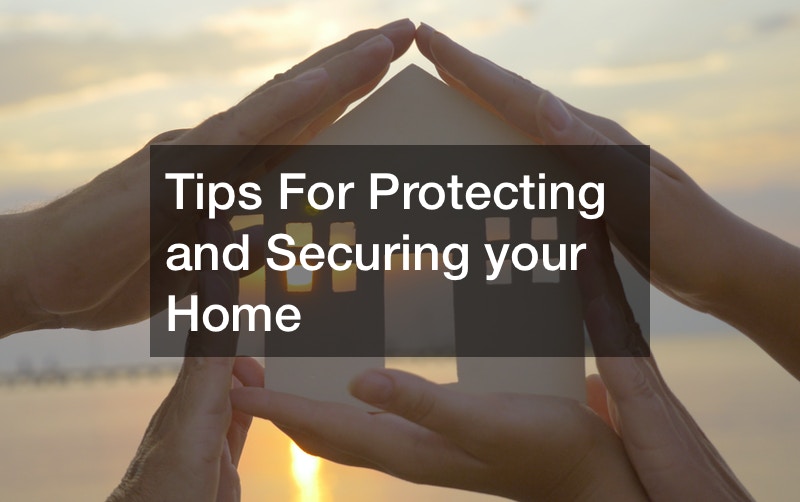
It is possible to cause them split or fly away by spinning the wind.
Cover your swimming pool. The loss of a cover for your pool can cause damage to your property or render your home unsafe.
7. Get Your Driveway Prepared
The driveway must be ready for storms if you own one. That means cleaning it off of all debris, and making sure that all the drainage channels are in good order. For cleaning the driveway, it is possible to make use of a pressure washer. Keep in mind that if the water doesn’t move freely along your driveway, it can pool up and cause damage.
If a storm is imminent when a storm hits, you’ll need to seal the driveway. If your driveway has cracks or uneven, the water could collect and then seep into the ground. It may cause damage to your basement and foundation.
You might need your driveway or drainage fixed before the next storm. It is important to get multiple quotations from your local paving companies. You can then be certain of getting the most competitive price and quality.
8. Create a contingency plan in the event of power outages
A second thing to think about in order to protect your home from the effects of storms is how to deal with the power failures. If a storm gets severe enough, it may knock down power lines which could cause a blackout.
You can opt for an electric generator that is portable. They are an excellent choice if you only need energy for a handful of items like a refrigerator as well as a few lights. If you’re in need of having everything running at full capacity it is advisable to consider getting a whole-house generator. Though they may be expensive however, they can ensure the power is on through the event any outage.
It is also possible to consider using a backup battery for your home. These systems are getting more and more sought-after and will provide power for a few hours during an outage.
You should also have an emergency kit prepared should you experience power loss for a lengthy period. Include things like cans, flashlights, and flashlights.
n94odm6vgz.
